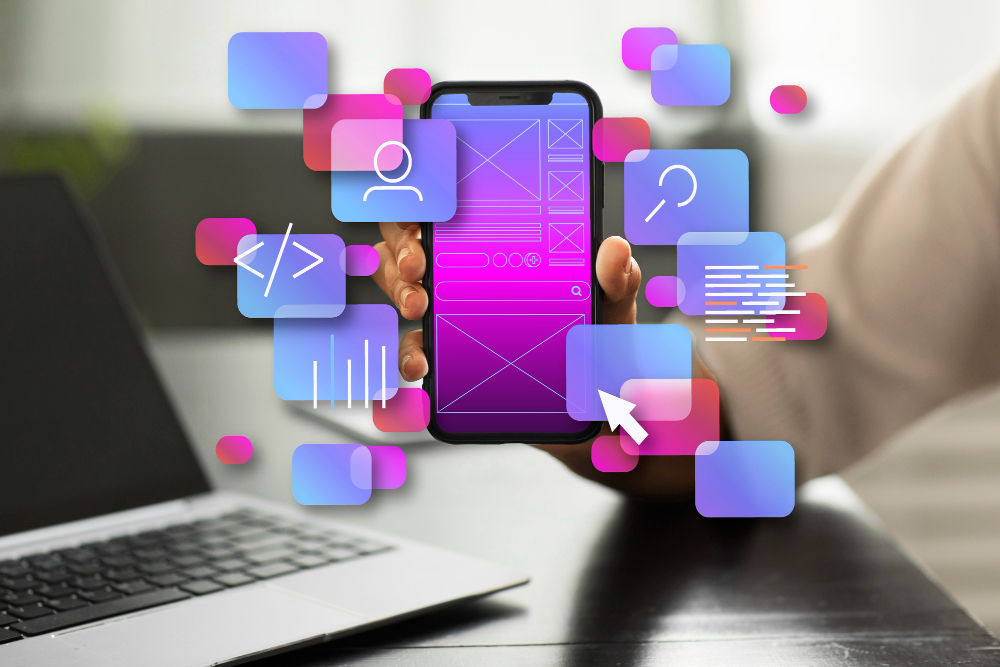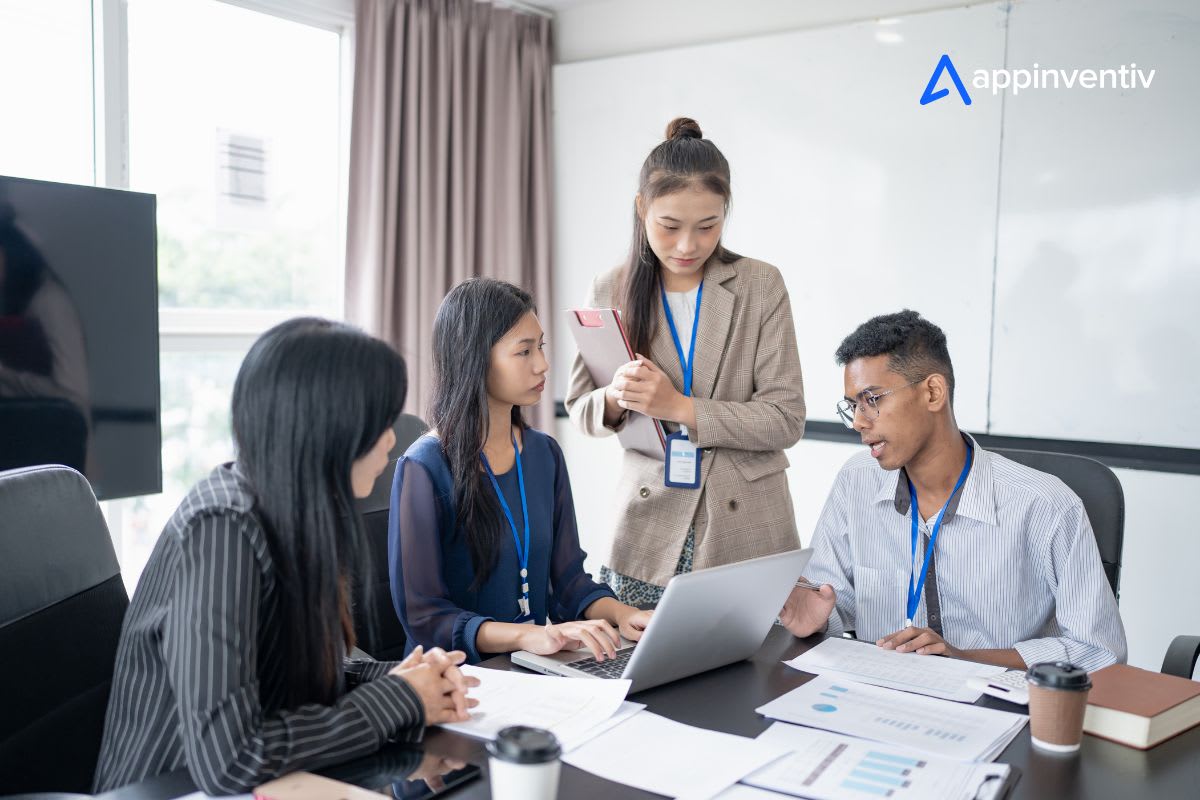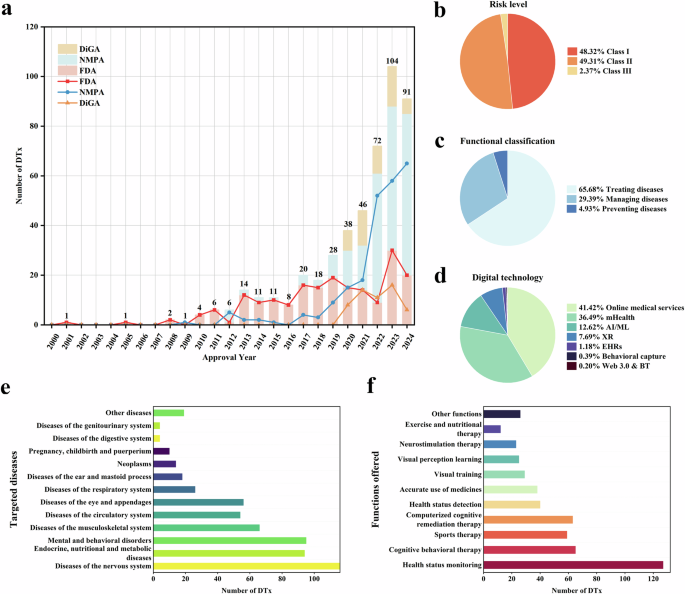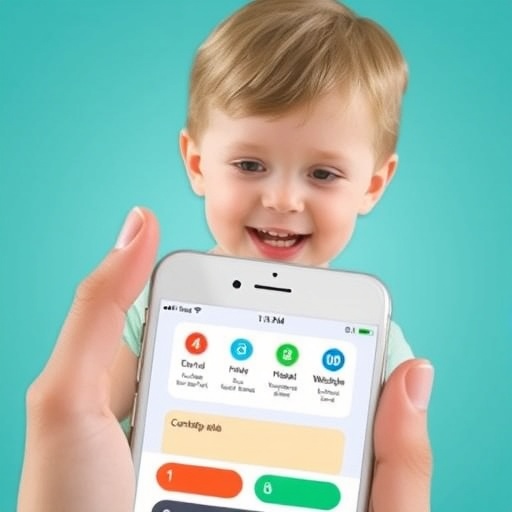Mobile App Tracking Blood Pressure Helps Patients

The AHOMKA platform, an innovative mobile app for patient-to-provider communication that developed through a collaboration between the School of Engineering and leading medical institutions in Ghana, has yielded positive results in tests with patients at high risk for heart attack or stroke.
Over the course of eight weeks, the participants’ average blood pressure readings decreased from 139/87 mmHG to a more manageable 126/83 mmHg.
More than 70% of the patients in this pilot study consistently used the digital tool at least weekly to measure their blood pressure—data that the app stored and shared with their doctors, according to the researchers in the November 2024 Health Sciences Investigations Journal.
“In Ghana, where we can have up to 7,000 patients per physician, traditional health care visits alone aren’t enough to help people manage chronic conditions like hypertension,” said senior author Valencia Koomson, an associate professor of electrical and computer engineering. Furthermore, 80% of all doctors are concentrated in 5 regions. The unequal distribution of doctors across Ghana limits the ability to meet the health needs of people living in rural and remote areas.
“One of our priorities was to build a platform that could be accessible to a wide range of people within the country, from all different socioeconomic statuses,” she said. “This meant AHOMKA needed to be functional without Internet access and be cost-effective.”
Koomson, whose research focuses on building wearable sensors to collect biometric data, began the project in 2019 with the goal of creating devices that could capture vital signs accurately for people of all skin tones and work in remote telehealth settings.
She partnered with Ghanaian cardiologists at the Korle-Bu Teaching Hospital in Accra and the Ho Teaching Hospital in Ho to develop the AHOMKA mobile platform. “Ahomka” is a Ghanaian term meaning “good for the soul.” In addition to monitoring blood pressure, Koomson and her collaborators wanted the app to help patients better understand the dangers of hypertension, make them feel confident in taking blood pressure readings, and remind them of healthy habits.
“Health literacy is an important part of this project,” Koomson said. “There can be some stigma to having hypertension, as people don’t want to be perceived as not being strong, so we wanted to measure whether participants’ attitudes changed by learning more about high blood pressure and being part of the study.”
The research team developed the AHOMKA app for Android devices, which, when used with an accompanying blood pressure cuff, could store patient data with or without a Wi-Fi connection. The work was done in collaboration with health technology company Medtronic, which has supported similar projects in several African countries.
Follow-up surveys with patients and hospital employees revealed optimistic feelings about the experience. Participants enjoyed not having to take off work or travel long distances to visit a clinic and providers could receive more accurate data remotely than in person, as anxiety around visiting the doctor can inflate blood pressure readings.
“One participant told us he had been struggling to control his blood pressure because clinic visits meant losing a day’s wages,” Koomson said. “Through AHOMKA, his doctor could view his results and arrange follow-up tests at a facility closer to his home—completing a process in one month that typically takes a year.”
As the trial expands from the current 27 patients, Koomson and her colleagues plan to make the AHOMKA app compatible with multiple mobile operating systems. They are also employing a software development team based in Ghana that can address urgent issues before potential roadblocks turn people away from the platform.
Koomson envisions further development on AHOMKA could allow patients using the app to upload medical information, such as blood tests, or talk to chatbots about their health concerns. Plans to integrate a text messaging system for patients without smart phones to interact with AHOMKA are in development. She also plans to create mobile platforms that support people living with sickle-cell disease, a painful blood condition that is common in sub-Saharan Africa.
link






